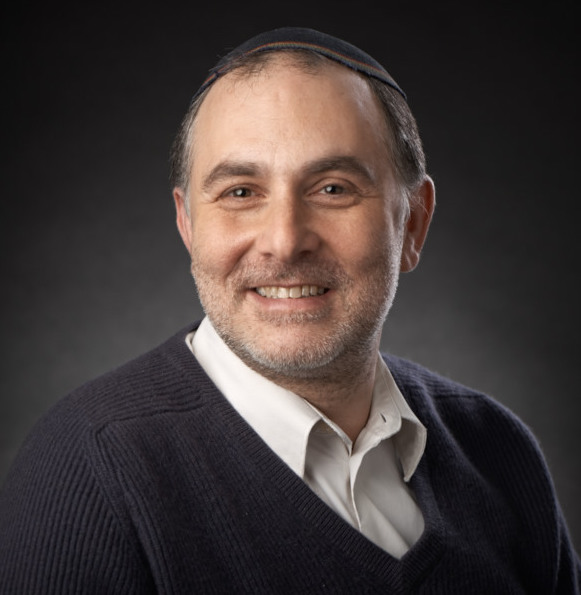Earlier this month, Israel’s Supreme Court ruled that the military may demolish the homes of three Palestinian men who, on June 16, 2017, led a stabbing and shooting attack in Jerusalem’s Old City, killing an Israeli soldier. Israel intends to carry out the demolition orders, even though the perpetrators of this heinous attack were killed at the scene of their crimes, to punish their surviving relatives—men, women and children that have not been accused or convicted of any crime—who will be left homeless.
Israel bases its actions on “Regulation 119,”¹ a 1945 British-Mandate decree that Israel resuscitated after the Six-Day War. The regulation allows military commanders to destroy any house in a town where “some” of its inhabitants have, in the eyes of the commander, committed, attempted to commit, aided, or abetted any act of violence or intimidation. The regulation requires no criminal conviction. It requires no connection between the perpetrator, the house slated for destruction, and the others who might be affected. Collective guilt by association is sufficient if a military commander is “satisfied” that it should be so.
Israel has wielded this regulation for fifty years, destroying thousands of Palestinian homes (the regulation is enforced only against Palestinians) and intentionally displacing thousands of Palestinian civilians.
Collective punishment, whether used for retribution or deterrence, is against international law. Article 33 of the Geneva Convention expressly prohibits “collective penalties” and states unambiguously that a person cannot be punished “for an offence he or she has not personally committed.”
Collective punishment is not a Jewish value, either. We stand on the shoulders of ancestral leaders who summoned the courage to challenge God’s own willingness to employ it. “Will you sweep away the innocent along with the guilty?” Abraham humbly but firmly asked God concerning the impending destruction of Sodom and Gomorrah. (Gen. 18:23). “When one person sins, will you be wrathful with the whole community?” Moses and Aaron demanded of God after Koran’s rebellion. (Num. 16:22). Ezekiel revoked the Mosaic declaration that God “visits the iniquity of parents upon children and children’s children” (Ex. 34:6) with a divinely-inspired clarion call for personal responsibility: “The one who sins is the one who will die.” (Ezek. 18:4; Makkot 24a)
The laws regarding the “wayward city” (ir ha-nidachat), which are spelled out in this week’s parshah, seem to be at odds with these sources. According to Torah law, if a majority of a city’s residents have committed idolatry, then the entire city must be burnt down and never rebuilt. All of its residents, the innocent minority together with the guilty majority, must be impaled and killed without mercy. (Deut. 13:13-18)
The placement of the “wayward city” text is ironic. It is situated in a parshah that brims with calls for economic justice and collective empathy. “There shall be no needy among you” (Deut. 15:4); remit debts every seven years (15: 2); free your slaves (15:12); feed orphans and widows (14:28); be a holy nation (Deut. 14:2, 21).
Perhaps it is precisely that irony that led the rabbis to acknowledge the cruelty of the wayward city law and to neutralize its enforcement through unattainable procedural hurdles and creative exegetical exceptions. (Sanh. 111b-113a) The Talmud declares that such a city “never has been” and “never will be.” (Sanh. 71a) It is a paradigmatic example of a biblical law waiting for later generations of Jewish leaders to nullify it in an exercise of moral leadership.
Israel should heed the call. If a divinely-inspired Torah law imposing collective punishment on an entire city was capable of being neutralized, a draconian 20th-century military decree imposing collective punishment in violation of international law and Judaism’s insistence on personal responsibility certainly can be, too.
Unlike the wayward city, it is too late to say that Regulation 199 never has been used. It is not too late, though, to speak out and demand that it never be used again.
———
¹ Via HaMoked: Center for the Defence of the Individual, an Israeli human rights organization with the main aim of assisting Palestinians of the Occupied Territories whose rights are violated due to Israel’s policies.
Rabbi Ian Chesir-Teran is T’ruah’s Rabbinic Educator in Israel. He lives on Kibbutz Hannaton in Israel’s Jezreel Valley.

